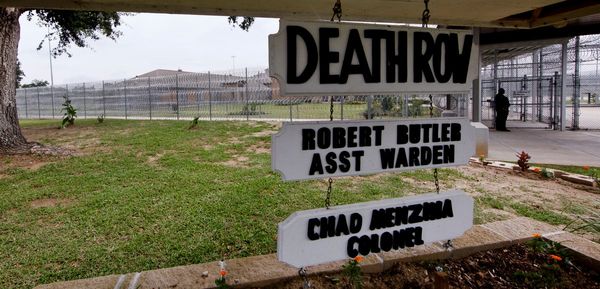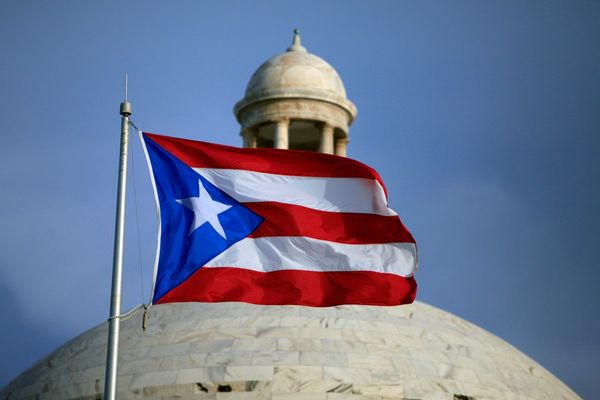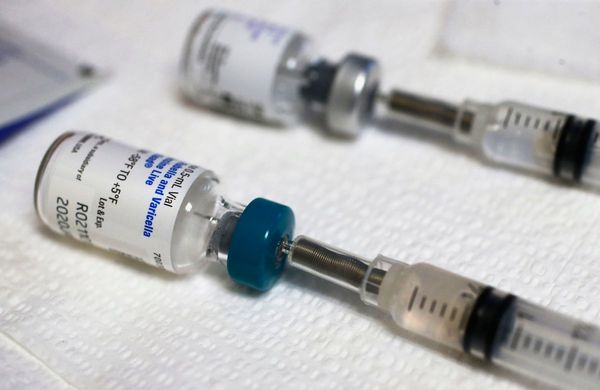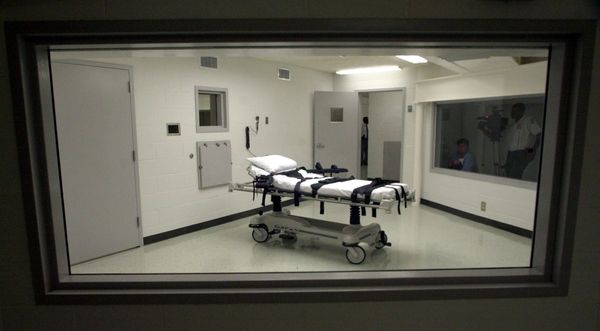
Former prime minister Gordon Brown has warned the chancellor, Rishi Sunak, that millions more people will be plunged into fuel poverty unless the government uses next week’s spring statement to ease the UK’s cost of living crisis.
A letter to the chancellor, organised by Brown and signed by more than 70 Labour local government leaders, urged the chancellor to adopt a five-pronged approach to help those struggling to make ends meet.
“April 2022 brings us the worst cost of living crisis for half a century. Six million low-income families have already lost £20 a week because of the cut in universal credit in October,” the letter says.
“Further cuts in the value of their incomes, as heating bills surge and food bills soar, will deepen the cost of living crisis millions face. They are unfair and for millions will be unbearable, pushing them over the edge into extreme poverty and unable to afford to heat their homes or provide the nutrition their children need.”
Sunak is urged to:
Halt the 1.25 percentage-point increase in employee national insurance contributions.
Restore the £20 a week taken away from 6m households last October.
Provide significantly greater help for energy costs, targeted at the poorest households.
Put in place support for insulation costs for the poorest households as part of a programme for housing retrofits.
Update benefits this year in line with inflation rates.
Last month the chancellor announced a package of help with rising energy bills. Sunak provided a £200 discount on this year’s bills to be repaid at £40 a year and reduced council tax bills by £150 in England and Wales, with commensurate sums made available to the devolved administrations in Scotland and Northern Ireland.
He is now expected to provide more assistance in next week’s statement. Torsten Bell, the chief executive of the Resolution Foundation thinktank, said the most likely measures were a cut in fuel duty and uprating benefits in line with the 7% to 8% inflation rate expected in April.
Brown said even with the help currently being provided, the number of people in fuel poverty – where more than 10% of a household’s net income is spent on energy – would rise from 4.7 million to almost 8 million when the price cap that puts a ceiling on bills is lifted from £1,277 to £1,971 a year in April.
Based on projections showing the price cap being raised to £3,000 in October, researchers at York University estimate the total in fuel poverty would rise to 12 million in the absence of any further government support.
The letter has been signed by – among others – the first minister of Wales, Mark Drakeford; the mayor of London, Sadiq Khan; and the Greater Manchester mayor, Andy Burnham.
It says: “Families and communities in every part of the United Kingdom face a heavy price of severe hardship, and each of us is deeply concerned about the damage that will be done to the cohesion of our whole country.
“In response, a group of us including the first minister of Wales, Metro Mayors, and local authority leaders have come together from all parts of the country to make a special and unprecedented plea to the chancellor.
“We are already seeing the impact of rising poverty in all our areas. Nothing less than these five measures, introduced simultaneously on 23 March, can prevent fuel poverty hitting millions more in our country, and stop poverty as a whole rising faster than at any time in recent history. At stake is unacceptable and avoidable suffering for millions of our fellow citizens – and especially for millions of children – across our communities.”
A government spokesperson said: “We recognise the pressures people are facing with the cost of living, which is why we’re providing support worth £21bn this financial year and next to help. This includes putting an average of £1,000 more per year into the pockets of working families via changes to universal credit, freezing fuel duties to keep costs down and helping households with their energy bills through our £9.1bn energy bills rebate.
“We’re also boosting the minimum wage by more than £1,000 a year for full-time workers and our £500m household support fund is helping the most vulnerable with essential costs.”







